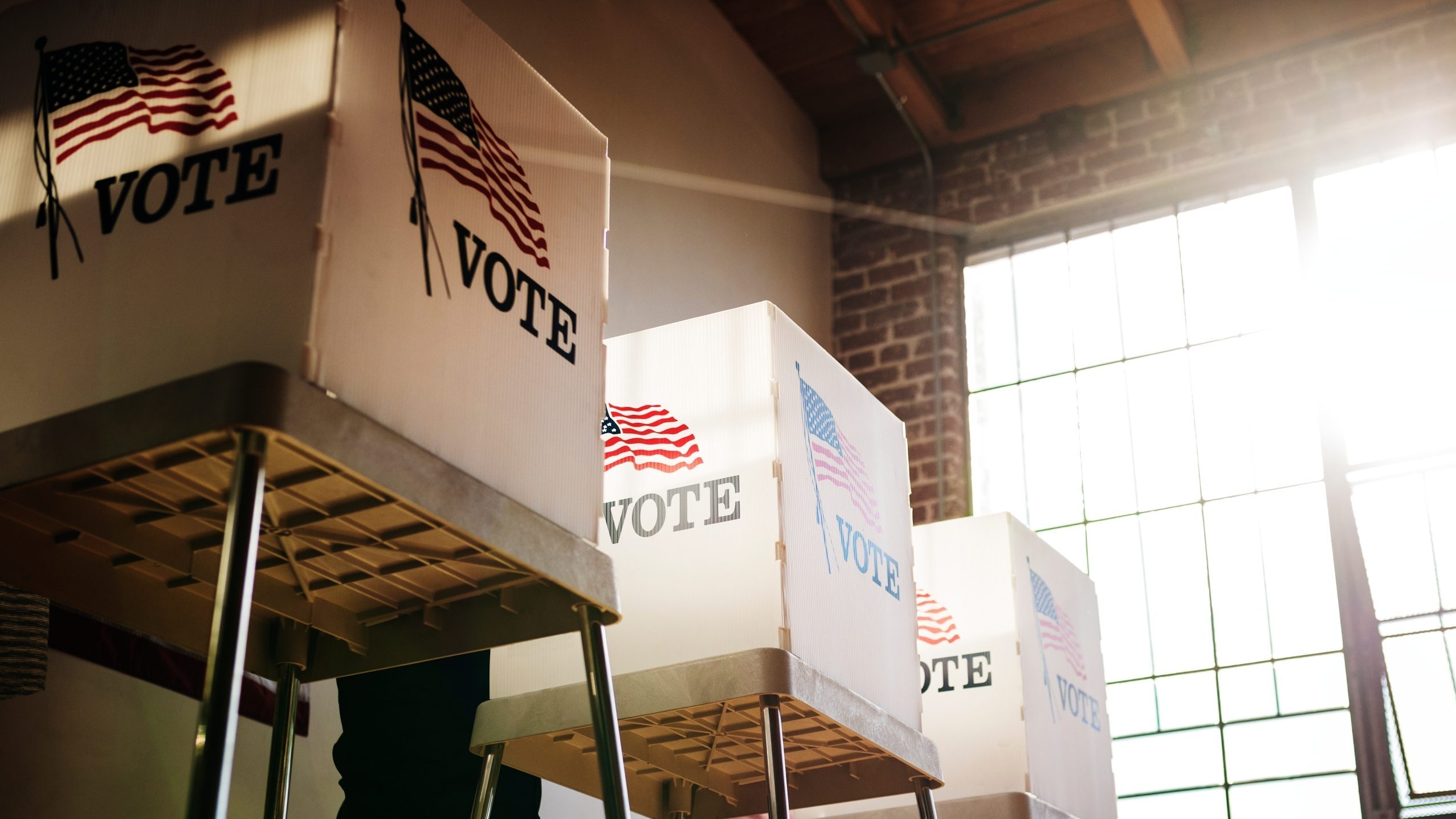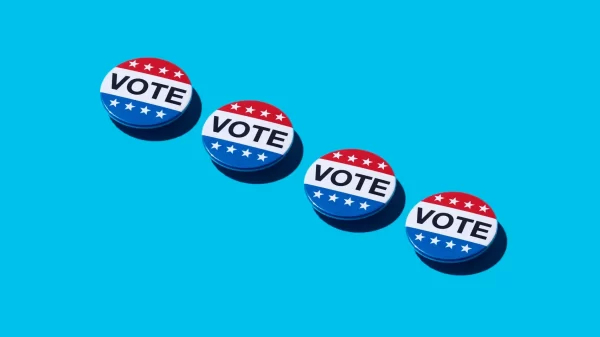A few weeks ago, special run-off elections were held to fill vacant seats in the Alabama Legislature for House Districts 55 and 16. The combined average for voter turnout in these two districts was a dismal 9.11 percent.
Let that sink in for a moment.
Of the 66,860 eligible voters in those two districts, only 6,092 of them exercised their most sacred right as citizens and took the time to cast a ballot.
I’ve given this situation serious thought, particularly in light of the recent hard-won battle to eradicate political and racial gerrymandering in our state. That victory has resulted in the court drawing a new map to comply with the Voting Rights Act – one that finally created a second Alabama congressional district where Black voters have an opportunity to elect the candidate of their choice.
Indeed, fair elections begin with fair maps and, perhaps more importantly, elections require voters to participate and exercise their franchise. Yet, in the cases I just mentioned, only 9 percent showed up to the polls and their vote is a decision that will affect everyone in their community. Obviously, it raises a troubling question. Why didn’t the other 91 percent vote?
To put this in broader perspective, in the 2020 presidential election the turnout was 67 percent which inversely means that 80 million people chose not to vote. A survey by Ipsos to identify reasons people chose not to vote in that particular election included the following: not being registered to vote (29 percent, not being interested in politics (23 percent), not liking the candidates (20 percent), a feeling their vote would not make a difference (16 percent), and being undecided on whom to vote for (10 percent).
Along with these feelings of political apathy, low voter participation is also caused by unnecessary barriers and systemic obstacles to the process of voting. For example, why isn’t voter registration automatic upon the age of 18? Why should it be difficult, or require an “excuse” to cast an absentee ballot? Should not that option be guaranteed to all legally eligible voters? Recently, there were attempts to make it illegal to assist a voter in simply obtaining an application for an absentee ballot – unless you are related to the voter to the second degree of kinship. Such legislation would prohibit many of those who assist disabled and elderly persons with absentee voting, including unrelated caregivers, in-laws, neighbors, godchildren, church members and other Good Samaritans.
Given the sobering statistics on voter participation, it would seem obvious that we should be doing everything we can to make voting easier and more accessible for everyone. Instead, it appears some folks are bound and determined to make it more difficult for citizens to exercise their right to vote – all under the deceptive pretext of “preserving election security and integrity”.
Voting is sacred to the preservation of our freedom as individuals, as communities, and as a nation. It is the voice, the mandate, and the manifestation of our collective aspiration to become that more perfect union so eloquently described in our Constitution. As Georgia Senator Rafael Warnock said, “A vote is a kind of prayer for the world we desire for ourselves and for our children.”
This is why I’m introducing legislation again in 2024 that would allow disabled voters the ability to designate a person of their choice to assist them in obtaining and completing an absentee ballot. It’s a small, yet significant step toward making voting easier and more accessible, especially for those who need it most. Coincidentally, in 2023 a Mississippi court ordered that voters who need assistance due to disability, blindness, or inability to read or write may select a person of their choice to assist them with delivering or returning their absentee mail-in ballot. The court ruled that the Mississippi Legislature cannot use a recently enacted law to punish individuals who provide such assistance to voters. The law that was struck down by the court clearly violated the Voting Rights Act of 1965.
Regardless of party, we should all be alarmed at low voter participation rates. We must communicate to our family, friends, and neighbors why their vote is so important and how it affects their individual lives. Your freedom is predicated on your right to vote and your vote helps to create the future you want for you and your family.
Remember, it’s your vote, which has a bearing on your future and the future of generations to come.




















































